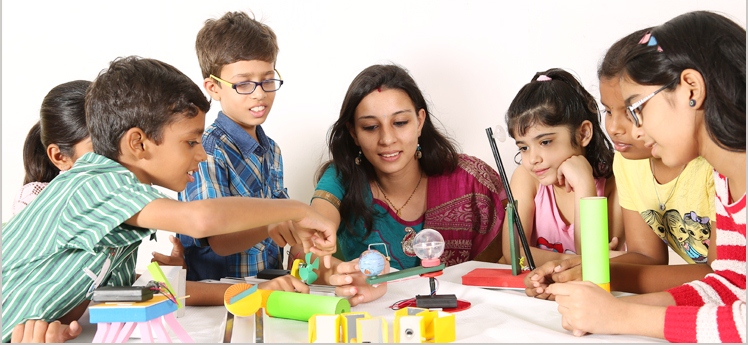- Indeed, the Indian educational system needs a significant revamp to keep up with the rapidly changing times and to accommodate a culture that is becoming more aspiring and eager to meet international standards. As far as we are aware, the majority of parents and children in India who can afford an overseas education always hurry to leave the country in order to ensure that their children are accepted into some of the most prominent institutions. Why the nation constantly fails to offer comparable, if not superior, learning possibilities locally, enabling our children to receive a top-notch education without leaving the country, is a pointless question to consider in this situation. The forthcoming response should not come as a huge surprise. We significantly fall short of international standards.

PC: INDERPREETSEERA
- The answer is easy and simple. Of course, the relevant authorities are working to bring about much-needed improvements in the educational field. Without a doubt, there are numerous areas in India where school education needs to be improved, including the poor rule of the rote and pedagogies that make children, particularly girls, fear arithmetic. It goes without saying that educational policymakers should keep in mind the lessons from previous experiments as they develop reform ideas. One such instance is CCE, or continuous and comprehensive evaluation, which was enthusiastically welcomed in 2009 but abruptly terminated in 2017.
- As a result, all the commotion and labour it caused were ultimately worthless. The epitaph’s words were, “Good idea, hampered by poor execution.” Be aware that significant changes to assessment across all levels of schooling have been advocated in the draft National Curriculum Framework (NCF) for School Education 2023. This implies that the speed of the adaptive treadmill that students, instructors, and school administrators have been on since March 2020 may quicken even further in the years to come. The aforesaid material should soon be made available to the public, as it is only fair to them. That will not only prevent unfounded worries from taking root, but it will also inspire stakeholders to begin actively engaging with reform ideas.

PC: Somnathshastry
-
As part of the NCF, learners will be able to shift freely between arts, commerce, and science, and they will be able to self-assess more easily. The nobleness of such goals will not amount to much without getting the details right and onboarding students and teachers. Indeed, reducing board exam stress was also a key argument for the mammoth CUET-UG reform last year. Painful technical glitches and painfully delayed college admissions ended up adding stress instead. Still, participating institutions have risen from 90 to 242 this year. An analysis of this new-school college bridge is necessary before revising board exams. Hopefully, these changes will eventually pay off.






